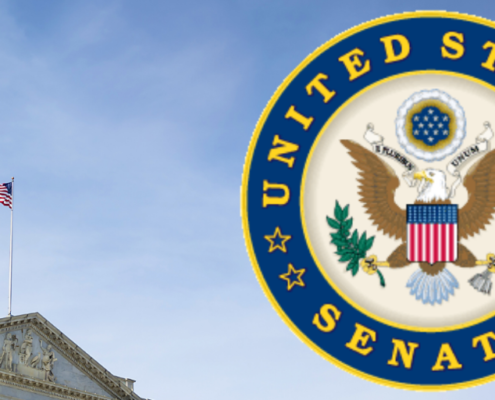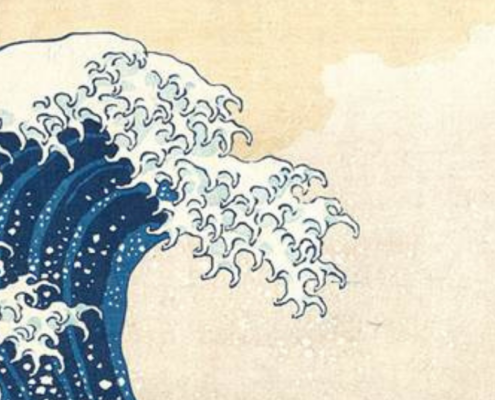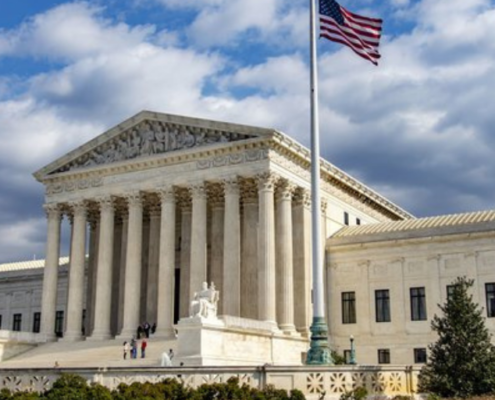COVID-19 vaccination, particularly the disparity of rates between racial and ethnic groups, takes up much of the current talk about the pandemic. The Massachusetts Department of Public Health (DPH) publishes vaccination data every day, for municipalities, tracking rates by age group, racial and ethnic groups, and by gender.
Pioneer is proud to present a new vaccine tracker, the latest tool in our COVID-19 tracking project. Pioneer distilled the vaccination data down to those who are either fully vaccinated or partially vaccinated, by all the demographic categories published by the DPH. Use the new tool below to compare rates among groups, by municipality and by county. We will update the data every week.
“This consumer-friendly, helpful information about COVID vaccine progress within age groups is exactly what the public wants,” said Pioneer’s Senior Fellow in Healthcare, Barbara Anthony. “With underlying data provided by the state, Pioneer has developed this meaningful information to all, in an easy-to-grasp format. When it comes to public health, transparency is crucial.”
Data Note:
The percentages for some of the towns on these graphs add up to more than 100% of the town’s reported population. DPH officials believes there are 2 causes for this: Incorrect population estimates and people relocating to their 2nd home during the pandemic, particularly to the Cape & Islands, and in western Massachusetts.













